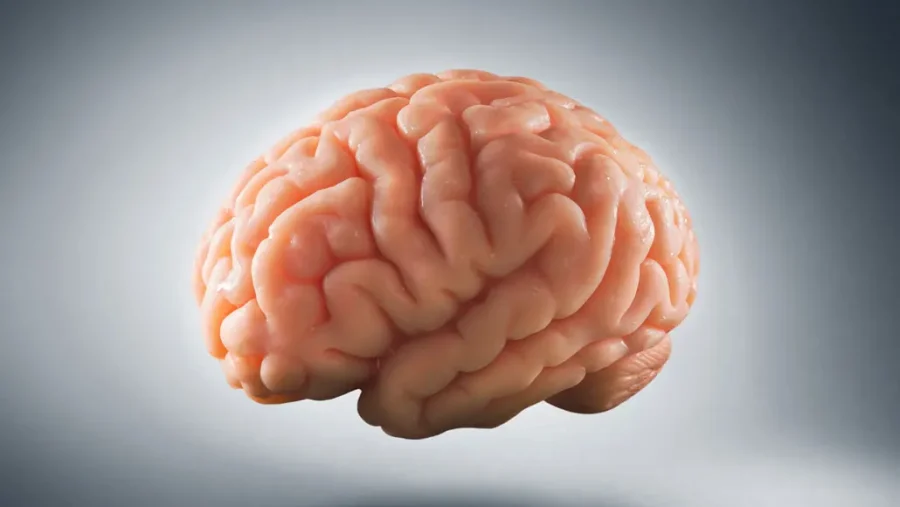Recent research has shown that the liver and the brain are closely connected and can affect each other’s functions. So could liver health influence a person’s dementia risk? Here is what experts and the most recent research have to say. Through recent studies, scientists have found that liver-related conditions, such as liver fibrosis and nonalcoholic fatty liver disease (NAFLD), are linked to cognitive decline and changes in the brain’s structure.
Inflammation, which occurs in both the liver and the brain, seems to be a key factor in this connection. Additionally, studies have looked into what researchers now call the gut-liver-brain axis and found that the health of the gut microbiome, the collection of microbes that colonize our intestines, can impact both the liver and the brain.
But does this have any implications for chronic and currently incurable conditions that affect the brain, particularly dementia? And how did scientists zero in on the liver-brain axis, in the first place?
The liver is the biggest organ in our body, and it has many important functions. It helps process and store the three main types of nutrients we get from food: carbohydrates, fats, and proteins.
The liver also helps break down and get rid of alcohol, drugs, and toxic substances in the body, and produces a substance called bile that helps with digestion. Recently, scientists have discovered that the liver and the brain have a close relationship. They communicate with each other through a special connection called the liver-brain axisTrusted Source.
According to Dr. Blen Tesfu, a general practitioner, the liver-brain axis “refers to the bidirectional communication and interaction between the liver and the brain.”“The liver plays a crucial role in metabolizing various substances, including toxins and inflammatory mediators. In chronic liver diseases, liver fibrosis can lead to increased inflammation and the release of pro-inflammatory molecules into the bloodstream,” Dr. Tesfu explained. Recent research suggests a correlation between the liver-brain axis and cognitive decline, with inflammation an underlying cause.
In one study published in the journal Cells in May 2023, scientists looked at the livers of mice that were genetically prone to Alzheimer’s disease and compared them to mice without this genetic predisposition.








